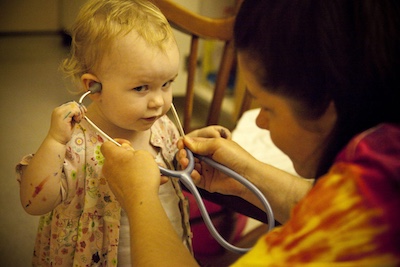
Mission
Together we design, develop and deliver the highest quality cellular therapies to improve health.
Vision
To live in a world where every person has access to high quality and effective cell-based therapies.
Values
Integrity, Collaboration, Excellence, Innovation, and Patient-focused.
The Marcus Center for Cellular Cures (MC3) is a joint initiative from the School of Medicine and the Pratt School of Engineering. The Center seeks to develop transformative cellular and gene therapies to treat diseases currently lacking effective treatments. MC3 aims to create a bench to bedside product development pipeline within Duke, assembling a diverse group of experts, scientists, clinicians, engineers, entrepreneurs and industry partners to work together to discover, innovate, and translate novel therapies to solve unmet clinical needs.
Cell and gene therapies have distinct developmental pathways, and are often personalized, patient-directed products. These therapies may require donor screening and qualification, sourcing of biological material, and specialized manufacturing in GMP facilities. MC3 provides the necessary research, laboratory-based and administrative infrastructure needed to discover and optimize these therapies and to translate them from the research bench to the clinic in first-in-man proof of concept and preform follow up developmental clinical trials.